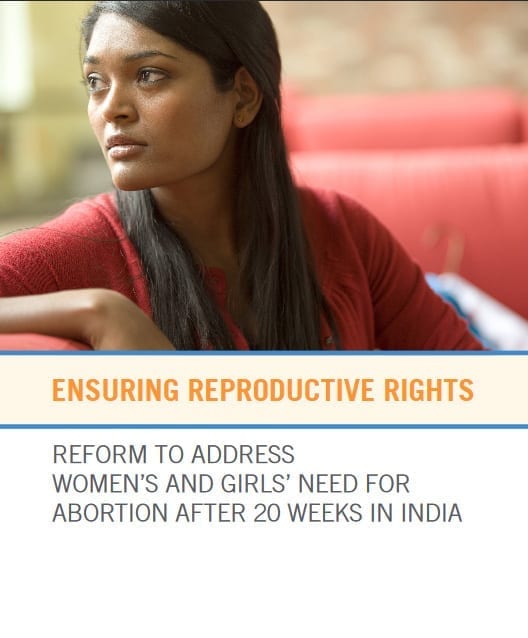Safe Abortion Through Medical Abortion and Self-Management in Select Asian Countries
A Publication on Advancing Public Health and Human Rights Standards
Medical abortion is recommended by the World Health Organization (WHO) as a safe and effective method of ending a pregnancy. As access to misoprostol and mifepristone has grown, self-managed abortion through medical abortion has become more widely understood and considered safer. The lack of an enabling legal environment to guarantee access to these safe abortion methods fails to consider the specific health needs and diverse realities of pregnant persons who need abortion care, disregards the latest medical standards, and leads to serious violations of their fundamental human rights.
Published collaboratively by Center for Reproductive Rights and South Asia Reproductive Justice and Accountability Initiative (SARJAI), this paper outlines the existing public health standards and the current human rights standards on abortion including medical and self-managed abortions. Focusing on Bangladesh, India, Nepal, Pakistan, Philippines, and Sri Lanka, the paper analyzes states’ compliance with these public health and human rights standards. Looking at examples of how governments have responded to the need for abortion care during the COVID-19 pandemic, the paper then highlights the importance of access to medical abortion including self-managed abortion and the use of telemedicine in these settings and beyond.

